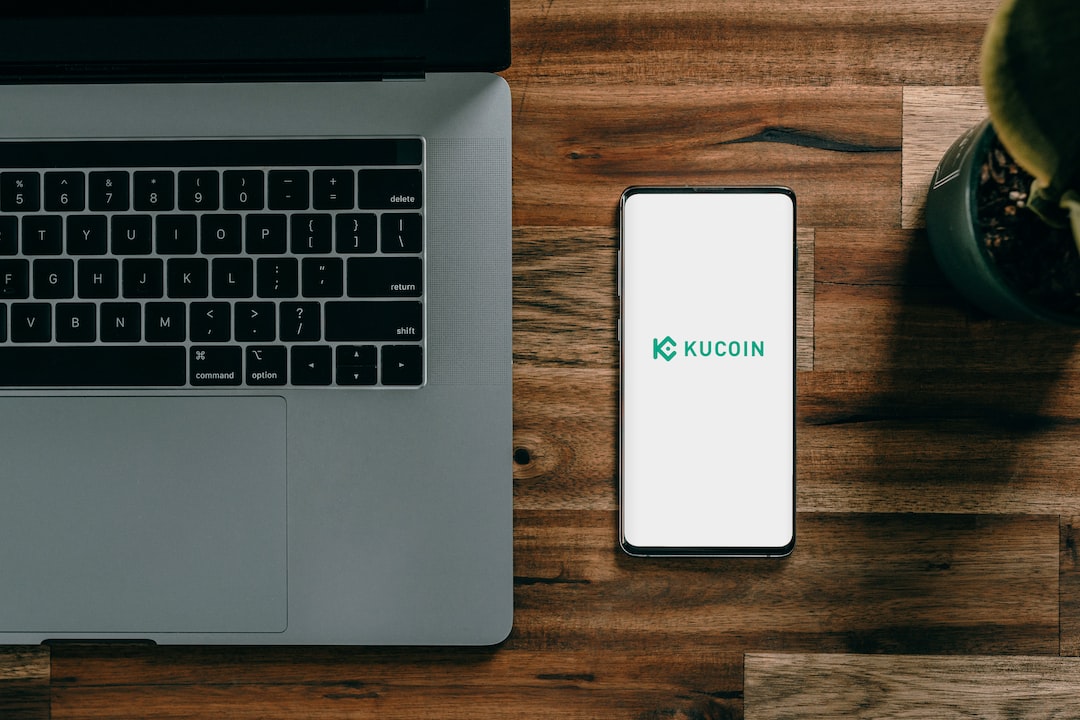SSV Network Releases Permissionless Mainnet Using Distributed Validator Technology (DVT)
SSV Network, an Ethereum staking infrastructure provider, has achieved a significant milestone by releasing its permissionless mainnet. This makes SSV Network the first project to use Distributed Validator Technology (DVT) in a permissionless manner. DVT allows Ethereum validators to share responsibilities among multiple parties, improving overall resilience and preventing single points of failure.
The permissionless launch of SSV Network means that anyone can now stake and contribute to the health of the Ethereum network. Alon Muroch, the core team founder of SSV Network, believes that DVT has the potential to address major challenges like decentralization and censorship resistance, making Ethereum more secure and safe.
Addressing Centralization Concerns in Ethereum Staking
The current Ethereum staking landscape raises concerns about centralization, with a few major service providers controlling a significant portion of the market share. For example, Lido and Coinbase alone control 46% of the Ethereum staking market. Vitalik Buterin, co-founder of Ethereum, has expressed concerns about this concentration and has prioritized distributed validators for the blockchain.
Lido is currently working with SSV Network to enhance decentralization in its operations. While SSV is also discussing DVT with other exchanges like Coinbase, Binance, and Kraken, no further details have been provided.
SSV Token Rewards
In order to boost adoption of its DVT network, SSV DAO has approved a year-long incentivization program that offers token rewards. The DAO has allocated 1 million SSV tokens (valued at around $24 million) to reward users for registering validators on the network. Users can stake directly on SSV Network or utilize staking services integrated with SSV’s infrastructure.
SSV Network’s Journey and Other DVT Projects
It took three years of development for SSV Network to launch its permissionless mainnet. Since the launch of its partner mainnet in September, nearly $160 million worth of ether has been staked through SSV.
Other Ethereum staking infrastructure projects utilizing DVT include Obol and Diva. Obol recently launched its mainnet open beta, while Diva released its operator testnet in September.
Hot Take: SSV Network Paves the Way for a More Decentralized Ethereum Staking Landscape
SSV Network’s permissionless mainnet release marks a significant step towards decentralization in Ethereum staking. By introducing Distributed Validator Technology (DVT), SSV Network allows multiple parties to share responsibilities, mitigating centralization concerns and enhancing overall network resilience. The release also opens up staking opportunities to anyone, contributing to the health and security of the Ethereum network. With other projects like Lido collaborating with SSV Network, the future of Ethereum staking looks promising as it strives for greater decentralization and censorship resistance.





 By
By
 By
By
 By
By
 By
By
 By
By
 By
By